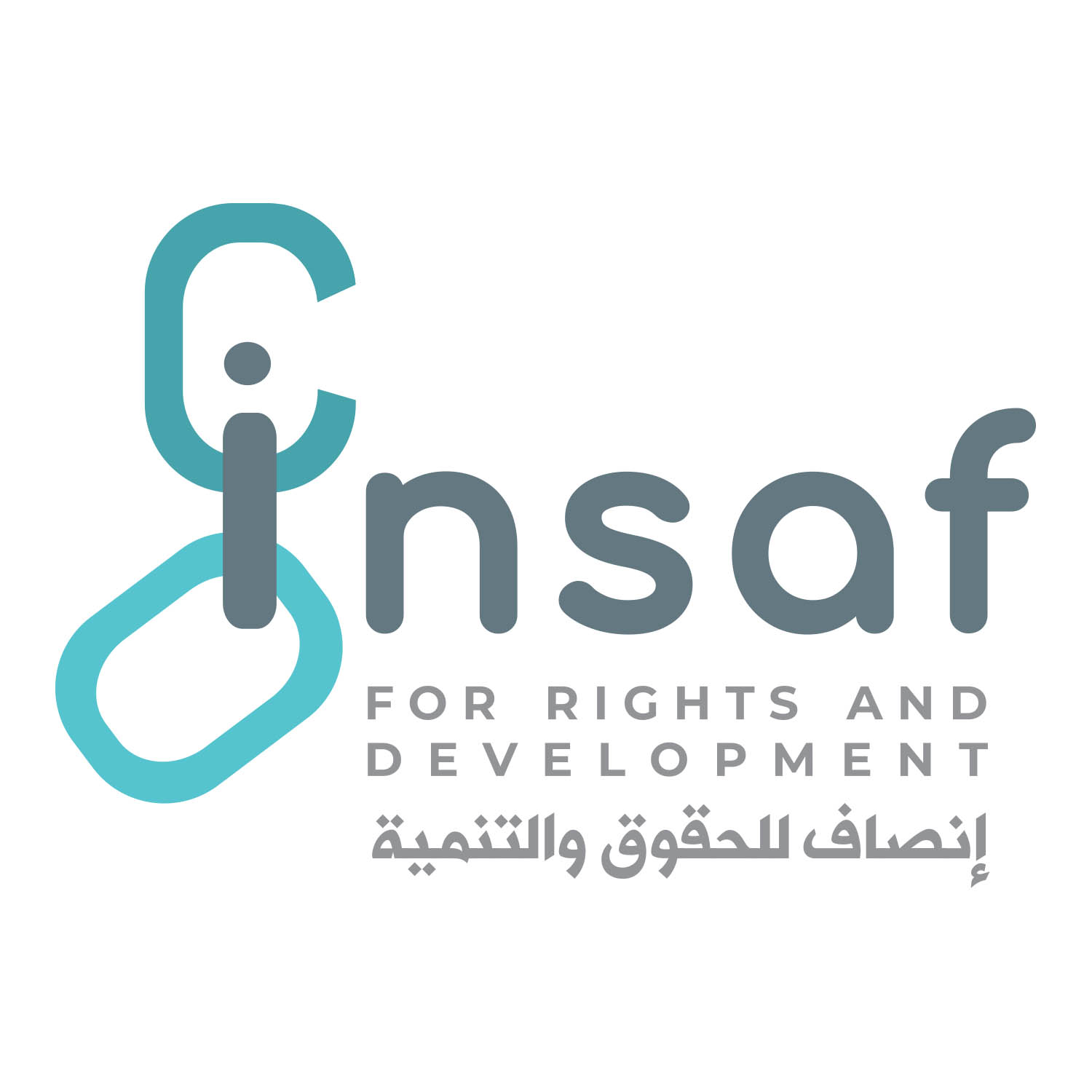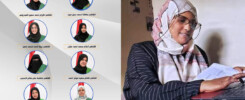INSAF Center for Defending Freedoms & Minorities, released in cooperation with DevPro Consulting and Business Development, an assessment study on racial and ethnic equality in Yemen.
The study “Racial and Ethnic Equality in Yemen: Assessment Report for Yemen”, funded by USAID, identifies current resources and initiatives that can influence Muhamasheen, and promote three main sectors: education, laws and policies, and the media, in Taiz and Aden governorates.
The project, which produced this study, aims to address the issues facing the Muhamasheen in Yemen, to reach several recommendations and proposals in the field of education, law, and politics, and to address the stereotyped image of the Muhamasheen in the media outlets, to ensure a full and equal presentation of their issues and comprehensive understanding and opportunities for this marginalized group.
The study assesses the conditions of the Muhamasheen children and revealed the difficulty that they face in accessing education, as they are studying in overcrowded schools, with an average of 150 students per class, which ends up with most of the Muhamasheen students dropping out of school during the first schooling years, due to discrimination, harassment, assaults, and other offenses they face.
Furthermore, the 2015 war in Yemen, undermined the Yemeni government, municipalities, and local authorities’ abilities to respond to the basic humanitarian needs, let alone allocate resources and attention to the needs of this highly marginalized ethnic group. Unfortunately, no organization or social group is concerned with addressing the increasing educational needs of Muhamasheen.
On laws and policies, the findings of the study concluded that there are no explicit discriminatory provisions in Yemeni law against the Muhamasheen, but at the same time there are no laws that provide them with protection, and these groups do not receive legal support or protection assistance, as most civil society organizations and the international community are still preoccupied with relief operations, especially for the internally displaced persons.
The study also included efforts exerted by the media outlets to raise awareness of the rights of the Muhamasheen and concluded that the Muhamasheen are rarely able to represent themselves fairly in the media outlets, as they are still subjected to stigmatization in the media. Although there are very few social media pages specialized in issues related to Muhamasheen, yet with very limited coverage.
Based on the findings of the study, the researchers recommend targeting Muhamasheen groups with humanitarian assistance that focuses on their basic needs of water, sanitation and hygiene, basic and specialized educational support, legal support, and raising awareness of issues affecting marginalized groups using alternative media and advocating for the establishment of organizations and resources to protect their rights. In a related context, the project activities included producing a short film with the support of USAID, which documents the miserable conditions of the Muhamasheen in Yemen and highlights examples of the discrimination, bullying, and harassment in schools that the Muhamasheen children are exposed to, in addition to the inability to continue education due to the deterioration of their physical and economic conditions, in addition to the social isolation imposed by society on this segment.
Click HERE to view the report on USAID’s official website



